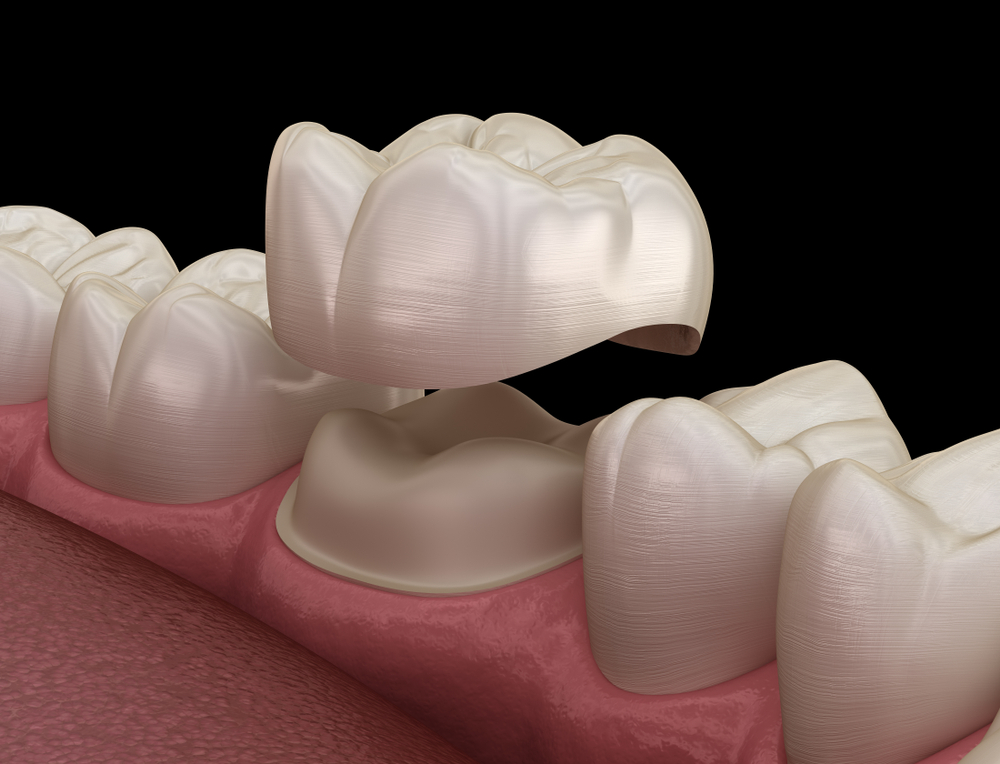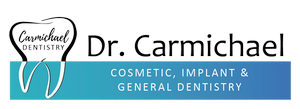Helpful Insights on Dental Crowns
Helpful Insights on Dental Crowns

A “dental crown” is a common term that most people know, at least in some regards. In dentistry, the term crown may refer to one of two things. In one definition, the term crown is used to distinguish the part of teeth exposed of which includes the enamel. In another definition, a crown refers to a particular dental restoration solution. Our latest blog shares some helpful insights on dental crowns. Read along to learn more about dental crowns.
What is a dental crown, and what is it used for?
Dental crowns are used to resolve issues with damaged teeth, restore them, and help users regain their teeth’ function. They are often called caps in that they encapsulate the damaged tooth. Different dental crowns available include gold, traditional porcelain, and zirconium. Depending on the crown chosen and the level of care it receives, it can last anywhere between 15 to 30 years.
What does a dental crown procedure entail?
The dental community has been doing dental crown treatments as far back as 1901. Since then, they have perfected the process, streamlining it and ensuring patients get the full benefits that come with them. Dental crown treatments are relatively simple. They require about two visits to the dentist’s office. On the first visit, the dentist will prep the tooth. They will do so by cleaning the area, removing any decay or filling material, and reconstructing any damages. Next, the dentist will scan the tooth and fit it with a temporary crown. On the subsequent visit, the dentist removes the temporary crown and replaces it with the final crown. After, the dentist will carefully inspect the area and ensure it fits properly. Once satisfied, the dentist will cement the crown with a permanent dental adhesive.
Are Dental Crowns Painful?
A common question we get is whether or not dental crowns are painful. Dental crowns are generally pain-free; however, like many dental procedures, they can cause a little discomfort. Working with an experienced dentist will make all the difference. An experienced dentist will work closely with their patient to ensure they’re as comfortable as possible. Additionally, local anesthesia is used to numb the tooth during the treatments, ensuring the treatment goes smoothly without any pain. After the treatments, patients will experience a little tenderness and sensitivity for a couple of weeks.
Dental Crown Applications
Dental crowns are a great solution to damaged teeth. They allow patients to regain the normal use of their teeth. If you’re interested in learning more about dental crowns, feel free to contact us. At Carmichael Dentistry, we are here to help create happy and healthy smiles through and through. We will be more than happy to assess your dental concerns, provide you with options to resolve them, and help you get your best smile yet. Give us a call at (858) 484-2560, or click here to schedule an appointment.




